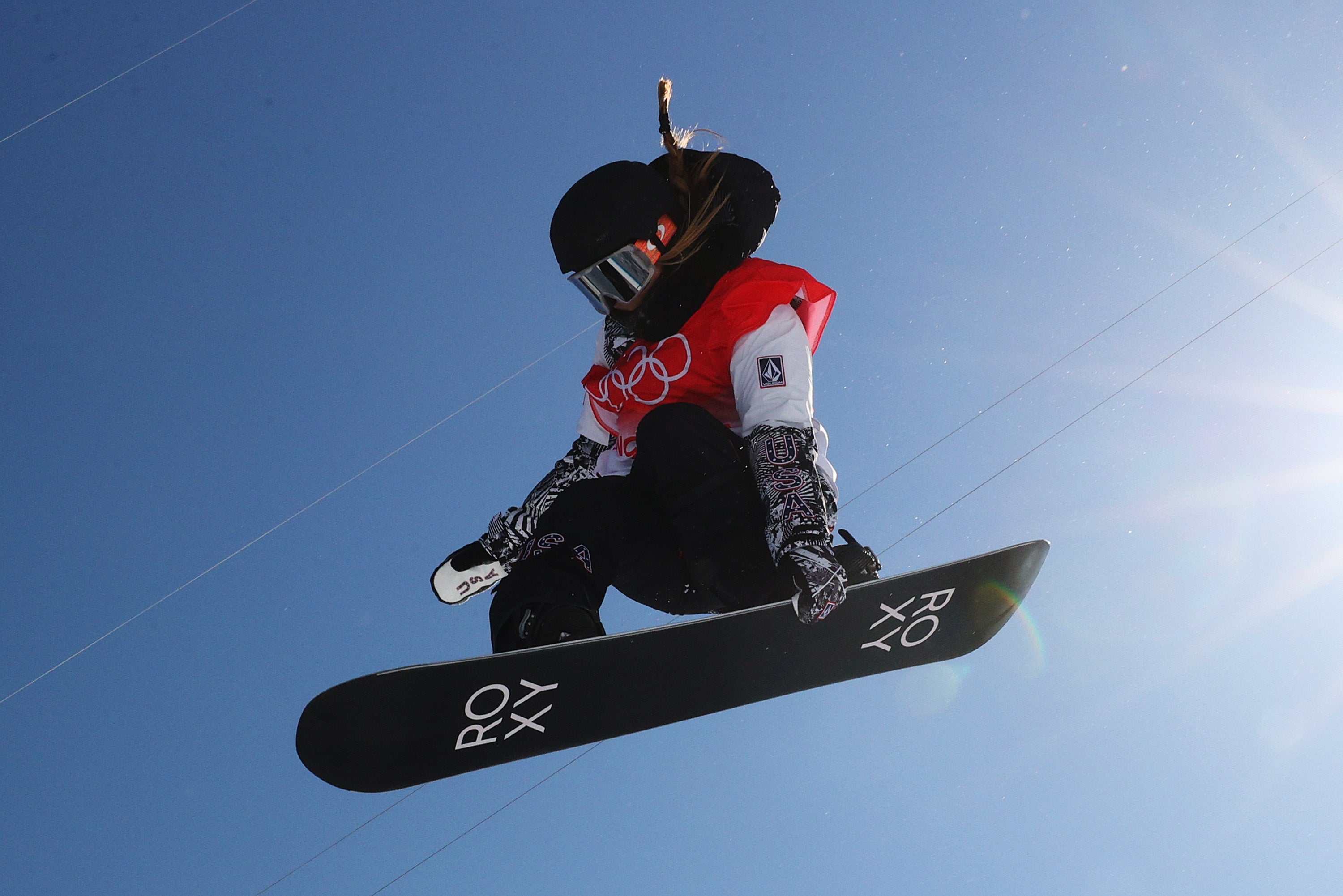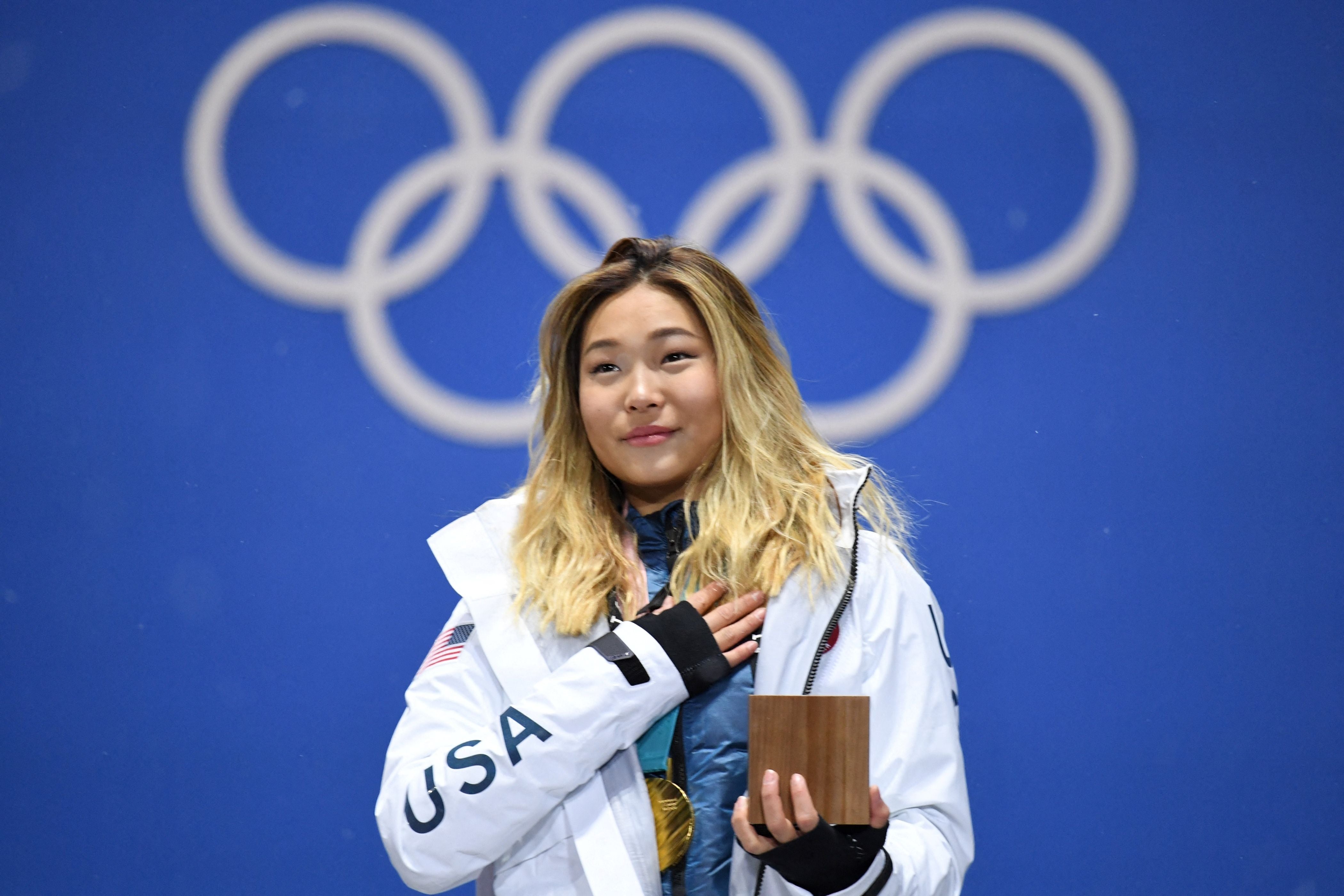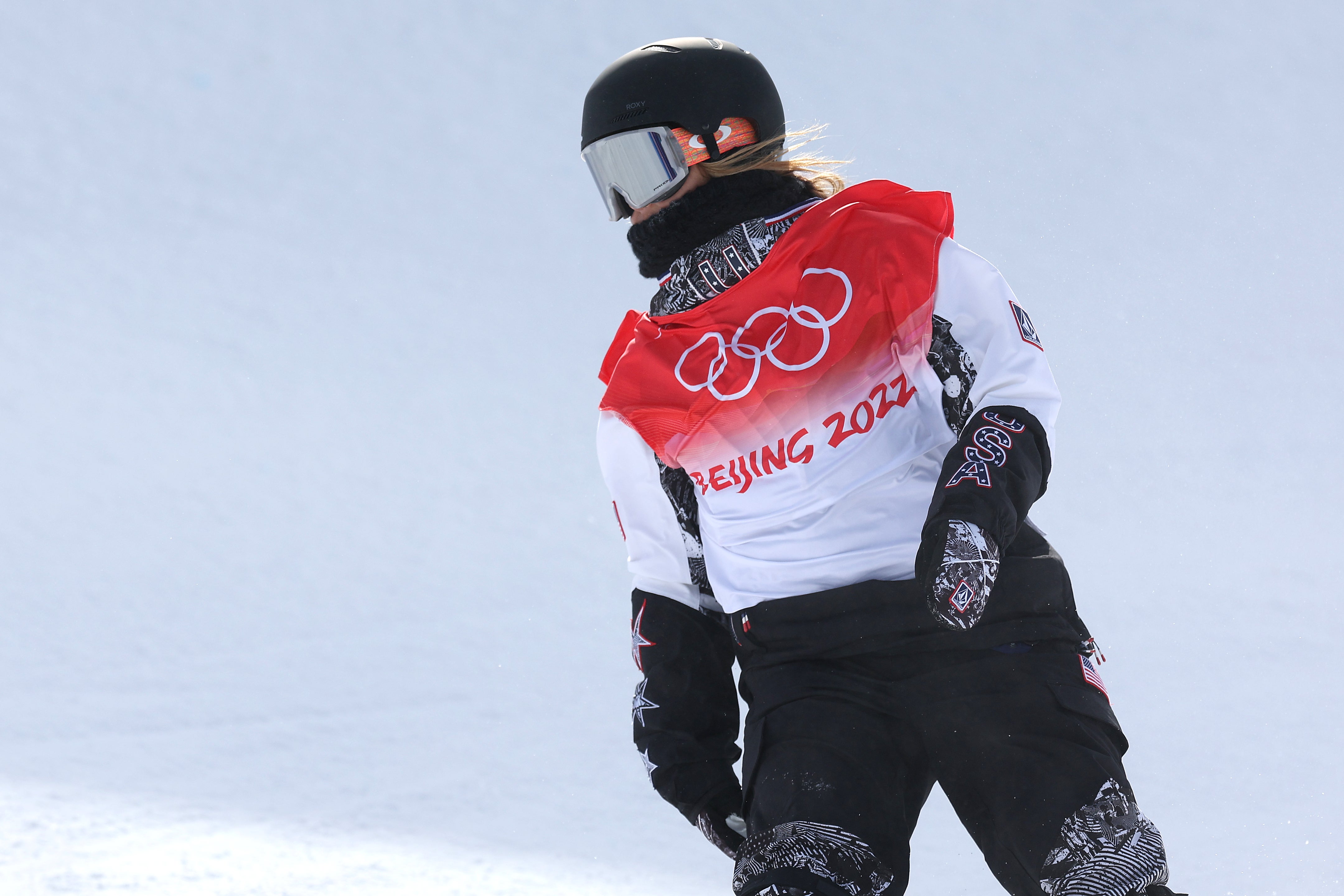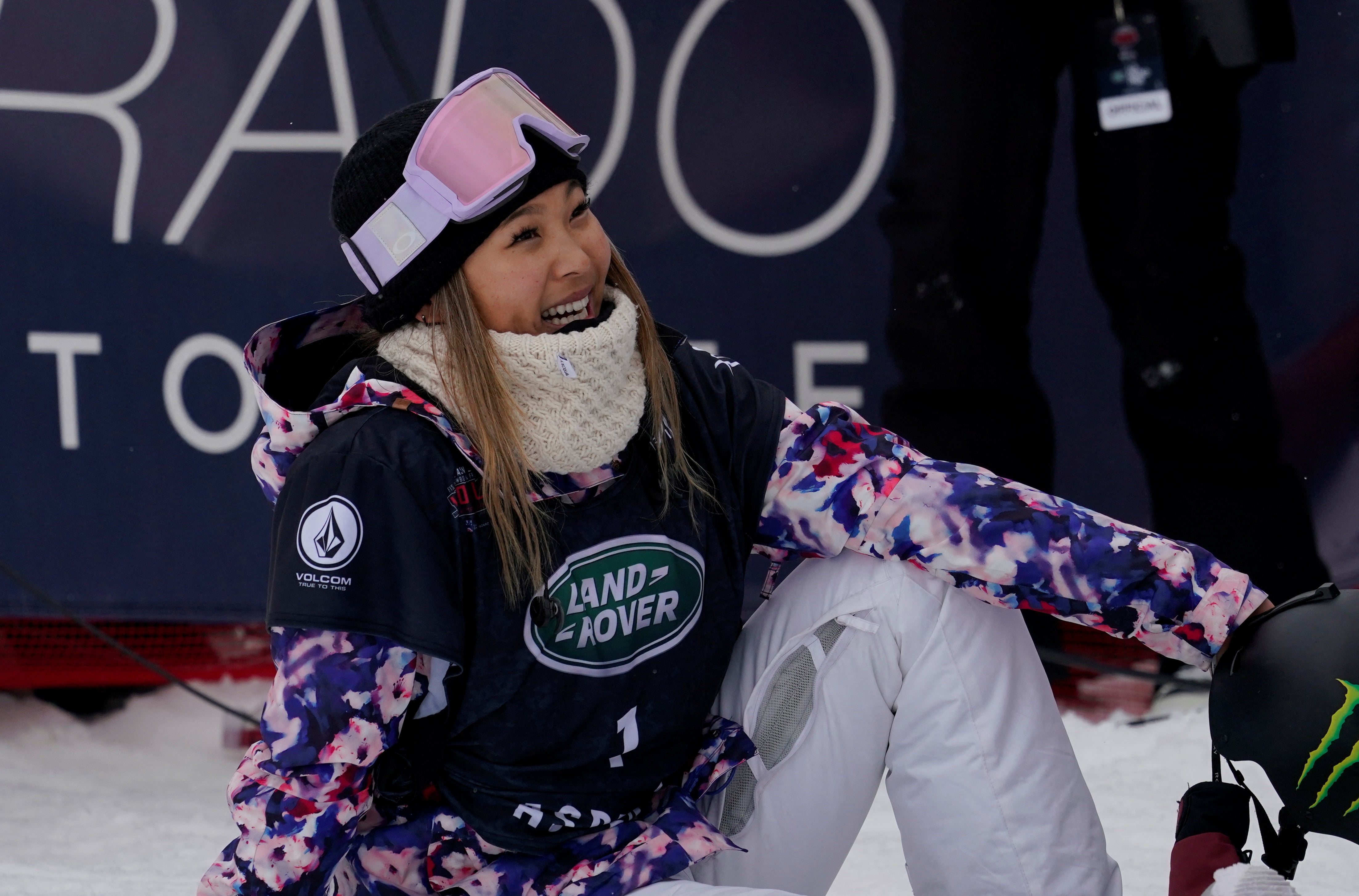The Independent's journalism is supported by our readers. When you purchase through links on our site, we may earn commission.
Fearless Chloe Kim primed to blaze trail at Winter Olympics and beyond
The 21-year-old defends her halfpipe title four years after Pyeongchang 2018 with added resilience from embracing her struggles with mental health

Your support helps us to tell the story
From reproductive rights to climate change to Big Tech, The Independent is on the ground when the story is developing. Whether it's investigating the financials of Elon Musk's pro-Trump PAC or producing our latest documentary, 'The A Word', which shines a light on the American women fighting for reproductive rights, we know how important it is to parse out the facts from the messaging.
At such a critical moment in US history, we need reporters on the ground. Your donation allows us to keep sending journalists to speak to both sides of the story.
The Independent is trusted by Americans across the entire political spectrum. And unlike many other quality news outlets, we choose not to lock Americans out of our reporting and analysis with paywalls. We believe quality journalism should be available to everyone, paid for by those who can afford it.
Your support makes all the difference.All eyes will be on Chloe Kim as she begins the defence of her women’s halfpipe title at the Winter Olympics.
The 21-year-old is out to grab another gold medal to complete a remarkable four-year journey from Pyeongchang to Beijing. In that time Kim has redefined the possibilities for an athlete both on the outside and within, breaking new ground surrounding the expectations of an Olympic champion.
Kim graduated from child halfpipe prodigy to the world’s best female snowboarder four years ago, delighting fans as the first woman ever to land back-to-back 1080s. Her exploits saw her compatriot and bronze medallist Arielle Gold describe her as “the greatest women’s snowboarder of all time, by far”.
Then a 17-year-old, Kim was celebrated both back home in the United States, where she was born and raised, and in South Korea, the home of her parents. A collective joy not shared after American-born Chinese freestyle skier Eileen Gu’s gold in the big air on Tuesday, having caused unrest in the United States at her decision over which country to represent.
Kim had already persevered through unbelievable mental challenges as a teenager and detailed her experience with anti-Asian hate growing up in the United States while fulfilling her potential in a mostly white sport, telling ESPN: “I experience hate on a daily basis. The States is my home. I went to school here. But I don’t feel accepted here.”

Despite reimagining her sport with an enviable collection of medals and mid-seven figure endorsement deals, the post-Olympic depression quickly set in after 2018.
Kim admitted to feeling an “emptiness” for the first time since starting out as a four-year-old in Mammoth Mountain, California and bravely took a step back.
Her self-reflection led her to the conclusion that she was not ready to become an activist and embrace such responsibility thrown at her. So she opted to take a hiatus from the sport, heading to Princeton University to study anthropology, while also addressing those mental challenges.

“I was struggling with my mental health and I needed help,” Kim told Time. “Speaking to a professional once per week has changed my life and the way I see things, it’s brought a lot of peace to me, I want everybody to have that same experience as I had.”
It has been an episode that has seen Kim empathise with American gymnast Simone Biles, who experienced her own mental struggles within sport before withdrawing from competition at the Tokyo Olympics last year to avoid suffering injury.
It makes Kim’s appetite to push the limits of the sport even more admirable given the danger involved with just one minor slip or miscalculation.

“She’s the face of female halfpipe riding,” Olympic big air bronze medallist in 2018 and Discovery Eurosport pundit Billy Morgan says. “She’s an incredible athlete, who is leading the charge and has been so far ahead of the game for so long. She’s such a good image for snowboarding and makes it look good. The Olympics is about inspiring others to get into sport and she does just that.”
But beneath her immense mental resilience is a slick and reliable technique that enables her to deliver an array of thrilling tricks.
“The way she rides the halfpipe is like nobody else in the women’s field,” explains Kjersti Buaas, a bronze medallist from Turin 2006 and Discovery Eurosport pundit. “There is barely any movement on the flat ground when she drops in.

“That’s what I see a lot with the Japanese guys’ halfpipe team but the women are getting there too. Chloe has really good technique, that’s why she can go so big, she is patient on the take-offs, which is why she can do these big tricks, she’s taken the baton on the big stage after Kelly Clark, and is keeping women’s half-pipe at that level and pushing it beyond.”
So when Kim drops in on Wednesday for qualification, with the women’s halfpipe final taking place in the early hours of Thursday, expect her usual beaming smile.
And after teasing the prospect of showcasing a number of new tricks this week, Kim’s newfound fearlessness will surely see her continue to blaze a trail in snowboarding and beyond.

Watch All of the Olympic Winter Games live on discovery+, Eurosport, Eurosport app
Join our commenting forum
Join thought-provoking conversations, follow other Independent readers and see their replies
Comments